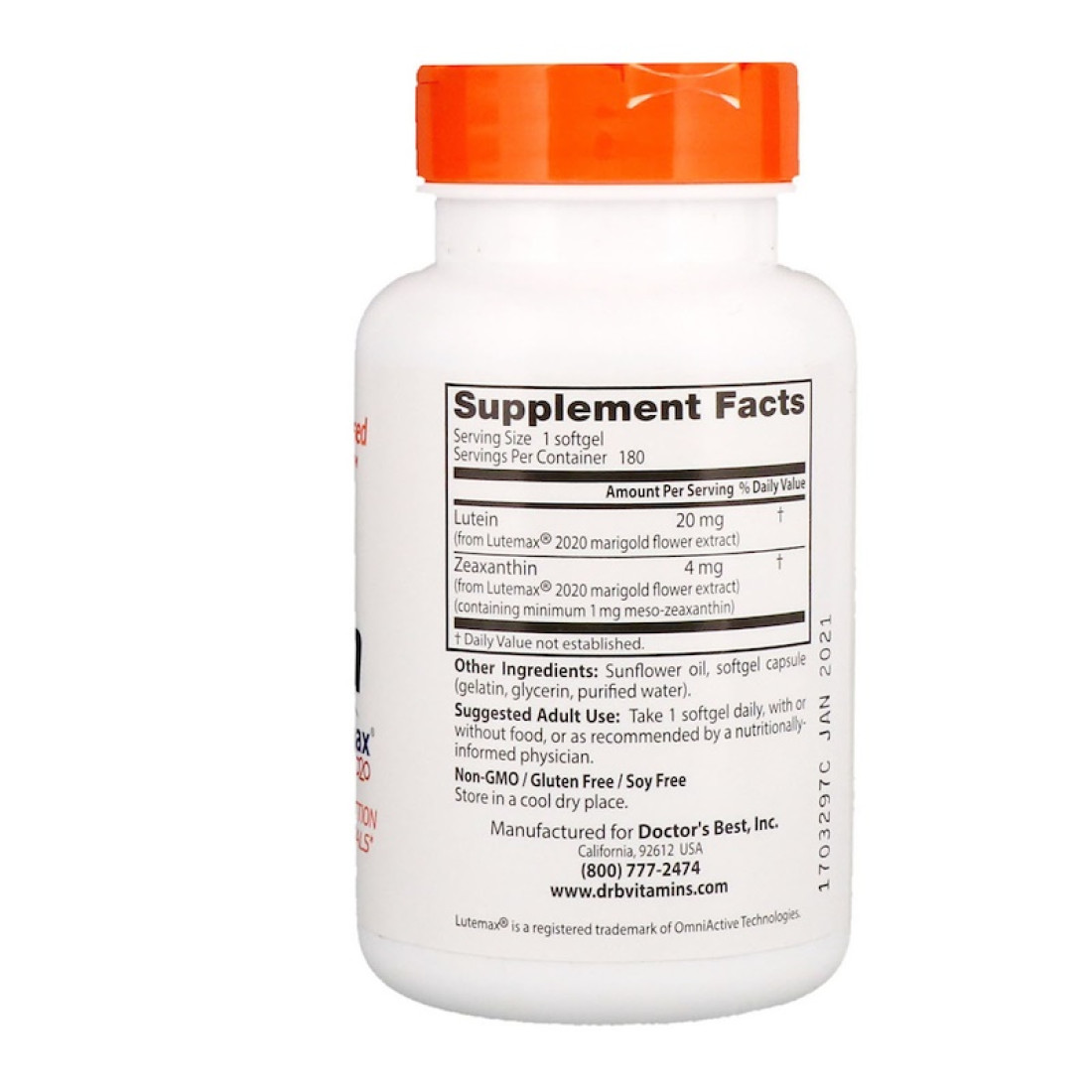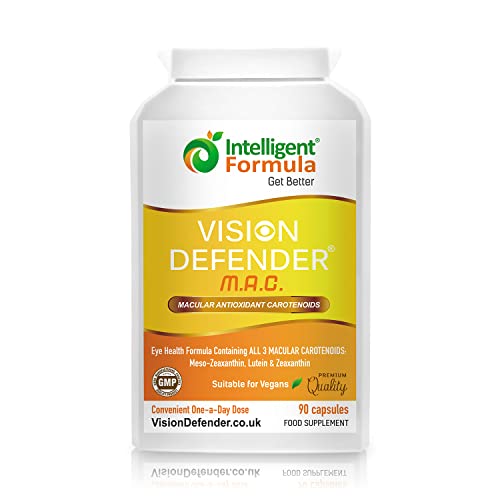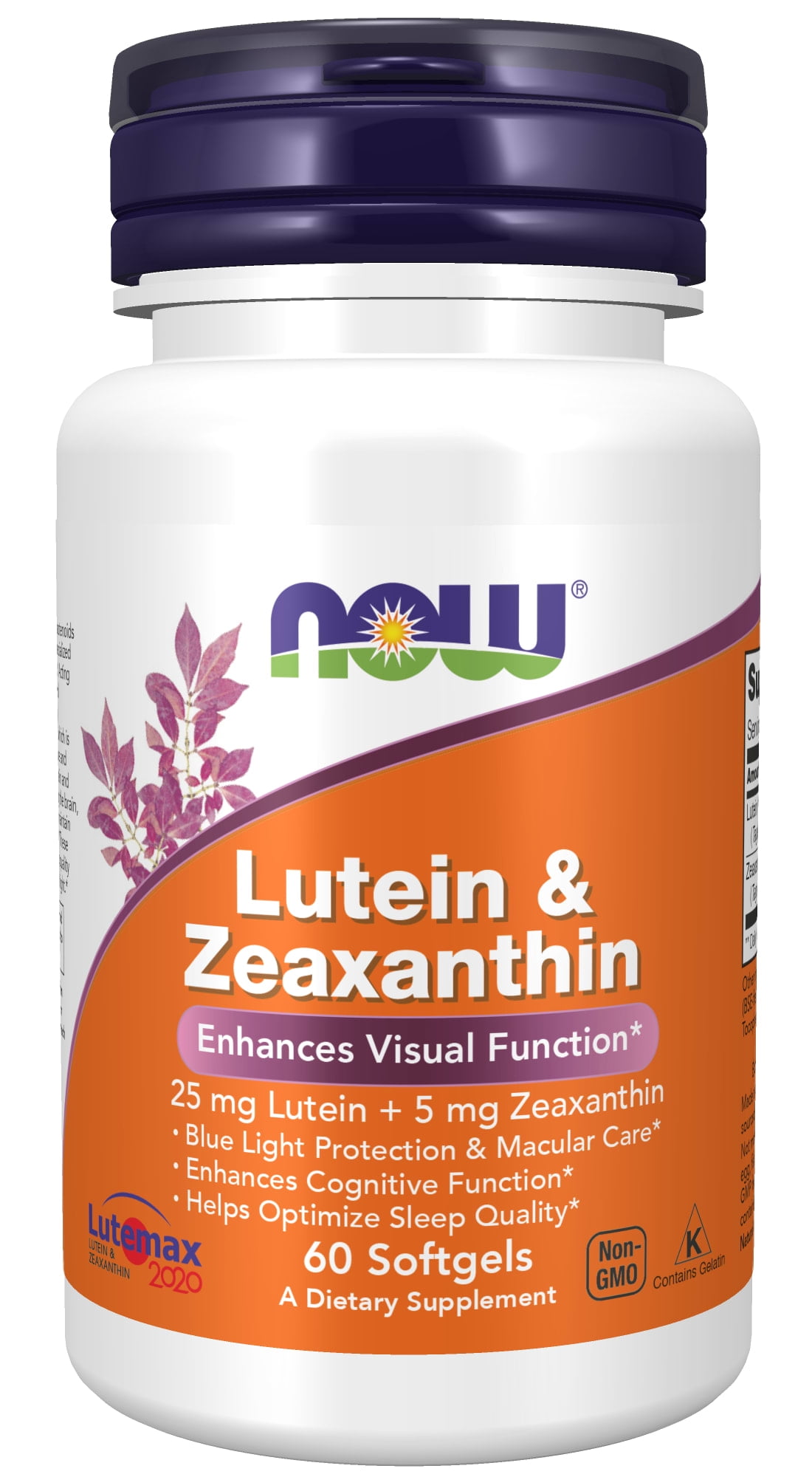Best Lutein Zeaxanthin And Meso-zeaxanthin Supplements

Age-related macular degeneration (AMD) and cataracts loom large as threats to vision, affecting millions worldwide. The quest to mitigate these risks has fueled intense interest in the potential of dietary supplements, particularly those containing lutein, zeaxanthin, and meso-zeaxanthin. But with a market flooded with options, discerning the best and most effective supplements requires careful consideration.
This article delves into the science behind these carotenoids, exploring their roles in eye health and evaluating the available supplement options. It aims to provide a comprehensive guide to help individuals make informed decisions about incorporating these nutrients into their wellness routines. We will examine dosages, forms, potential side effects, and crucial factors to consider when choosing a supplement, drawing on scientific studies and expert recommendations.
Understanding Lutein, Zeaxanthin, and Meso-zeaxanthin
Lutein and zeaxanthin are carotenoids, yellow-orange pigments found in various fruits and vegetables, especially leafy greens. They act as antioxidants, protecting cells from damage caused by free radicals. Meso-zeaxanthin, while not as readily available in the diet, is formed in the retina from lutein.
These three carotenoids are highly concentrated in the macula, the central part of the retina responsible for sharp, detailed vision. They form the macular pigment, which filters out harmful high-energy blue light and acts as an antioxidant shield. This protective function is crucial for maintaining optimal visual health and reducing the risk of AMD and cataracts.
The Science Behind the Benefits
Numerous studies have investigated the role of lutein, zeaxanthin, and meso-zeaxanthin in eye health. The AREDS2 (Age-Related Eye Disease Study 2) trial, a landmark study by the National Eye Institute, showed that a specific formulation including lutein and zeaxanthin (but *not* beta-carotene) reduced the risk of progression to advanced AMD in certain individuals. This research significantly shifted the focus away from beta-carotene and towards lutein and zeaxanthin for macular health.
Other research suggests that these carotenoids may also improve visual function, contrast sensitivity, and glare recovery. These benefits are particularly important for individuals spending extended periods in front of screens or driving at night. The evidence continues to grow, supporting the positive impact of these nutrients on overall eye health.
Navigating the Supplement Landscape
The supplement market offers a wide array of products containing lutein, zeaxanthin, and meso-zeaxanthin. These supplements come in various forms, including softgels, capsules, and chewable tablets. Choosing the right one requires careful consideration of several factors.
Dosage and Ratios
The optimal dosage of lutein and zeaxanthin is a subject of ongoing research. However, many studies suggest that a daily intake of 10-20 mg of lutein and 2-4 mg of zeaxanthin may be beneficial for eye health. Some supplements also include meso-zeaxanthin, often in a ratio similar to zeaxanthin.
It's crucial to read product labels carefully to understand the exact amounts of each carotenoid. Consider consulting with an eye care professional or registered dietitian to determine the appropriate dosage based on individual needs and health conditions. Dosage is one of the critical components to the supplement's effectivity.
Form and Bioavailability
The form of lutein and zeaxanthin in supplements can affect their bioavailability, or how well they are absorbed by the body. Some studies suggest that lutein and zeaxanthin esters, a common form in supplements, may be less readily absorbed than free lutein and zeaxanthin.
Look for supplements that utilize patented forms of lutein and zeaxanthin, such as FloraGLO® Lutein or OPTISHARP® Natural Zeaxanthin, which have been shown to have good bioavailability. Always consider the bioavailability of the ingredients to ensure the supplements produce the most benefit.
Third-Party Testing and Quality
Quality control is paramount when choosing any dietary supplement. Look for supplements that have been tested by a third-party organization, such as USP (United States Pharmacopeia), NSF International, or ConsumerLab.com.
Third-party testing ensures that the supplement contains the ingredients listed on the label, in the specified amounts, and is free from harmful contaminants. Certificates from third-party organizations offer confidence in the product's safety and efficacy. Reputable brands will often highlight their commitment to quality through these certifications.
Considerations and Potential Side Effects
While generally considered safe, lutein and zeaxanthin supplements can cause mild side effects in some individuals. These may include gastrointestinal discomfort or yellowing of the skin (carotenemia) at very high doses. These side effects are usually harmless and resolve when the dosage is reduced.
Individuals taking blood thinners or other medications should consult with their healthcare provider before starting any new supplement. It's crucial to discuss potential interactions and ensure the supplement is safe and appropriate for their specific health conditions. Furthermore, supplements should not be used as a substitute for a healthy diet.
Dietary Sources vs. Supplements
While supplements can be a convenient way to increase lutein and zeaxanthin intake, obtaining these nutrients from dietary sources is often preferable. Leafy green vegetables like spinach, kale, and collard greens are excellent sources of lutein and zeaxanthin.
Other good sources include corn, orange peppers, and eggs. A diet rich in these foods can provide a substantial amount of these beneficial carotenoids. Prioritize a balanced diet as the primary source for these and other essential nutrients.
The Future of Eye Health Supplementation
Research into the role of lutein, zeaxanthin, and meso-zeaxanthin in eye health is ongoing. Future studies may explore the optimal ratios of these carotenoids, their long-term effects on vision, and their potential benefits for other eye conditions. The research and development in this area are likely to continue evolving in the future.
Personalized nutrition, tailoring supplement recommendations to individual genetic profiles and lifestyle factors, may also play a greater role in the future. This approach could help optimize the benefits of lutein and zeaxanthin supplementation for specific individuals.
Conclusion
Lutein, zeaxanthin, and meso-zeaxanthin are important nutrients for maintaining eye health and reducing the risk of age-related macular degeneration and cataracts. While supplements can be a valuable tool for increasing intake, choosing the right product requires careful consideration of dosage, form, quality, and potential side effects. Always consult with a healthcare professional before starting any new supplement regimen to ensure it is safe and appropriate for individual needs.


















